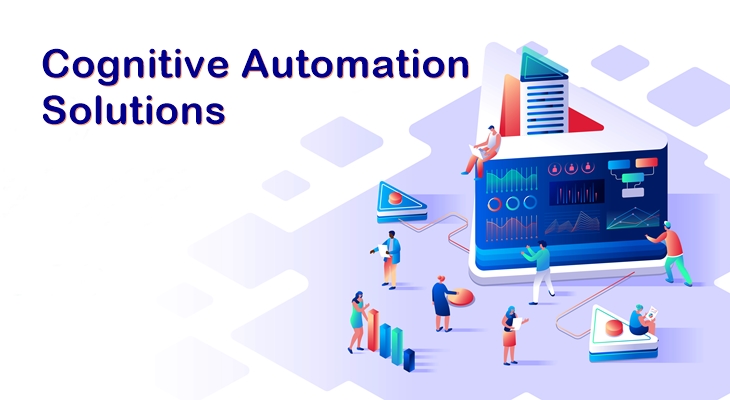
Unleashing Efficiency: The Impact of Cognitive Automation Tools
In the rapidly evolving landscape of technology, cognitive automation tools emerge as a transformative force, reshaping workflows and enhancing efficiency across industries. These advanced tools, powered by artificial intelligence and machine learning, bring a cognitive layer to automation, enabling businesses to streamline processes, reduce errors, and unlock new levels of productivity.
Understanding Cognitive Automation: A Fusion of Intelligence and Automation
Cognitive automation represents a fusion of intelligence and automation, where machines not only perform predefined tasks but also possess the ability to learn, adapt, and make decisions. This elevated level of automation goes beyond traditional rule-based processes, introducing a cognitive layer that mimics human-like thinking and problem-solving capabilities.
Enhancing Decision-Making: The Cognitive Advantage
One of the key benefits of cognitive automation tools is their ability to enhance decision-making processes. These tools analyze vast amounts of data, identify patterns, and generate insights to inform better decision-making. Businesses can leverage this cognitive advantage to make informed, data-driven choices that contribute to strategic growth and operational excellence.
Streamlining Complex Workflows: From Mundane to Strategic Tasks
Cognitive automation tools excel at handling both mundane and complex tasks. From routine data entry to intricate decision-making processes, these tools can navigate a spectrum of activities, freeing up human resources to focus on more strategic and creative aspects of their work. This shift from mundane to strategic tasks marks a significant leap in productivity.
Reducing Errors and Improving Accuracy: A Precision Revolution
Automation has always promised efficiency, but cognitive automation takes it a step further by significantly reducing errors and improving accuracy. By learning from data and refining processes over time, these tools minimize the risk of human errors, ensuring a higher level of precision in tasks ranging from data analysis to customer interactions.
Adapting to Change: The Flexibility of Cognitive Automation
The business landscape is dynamic, and the ability to adapt to change is crucial. Cognitive automation tools exhibit a high degree of flexibility, allowing businesses to easily adapt processes in response to evolving requirements. This adaptability ensures that organizations can stay agile and responsive in the face of changing market conditions.
Customer-Centric Applications: Elevating User Experiences
In the realm of customer interactions, cognitive automation tools play a pivotal role in elevating user experiences. Chatbots and virtual assistants, powered by cognitive capabilities, can understand natural language, interpret user intent, and provide personalized responses. This not only enhances customer satisfaction but also contributes to building stronger, more meaningful relationships.
Overcoming Challenges: Navigating Implementation Hurdles
While the benefits of cognitive automation tools are substantial, implementing them comes with its own set of challenges. Businesses need to navigate issues related to data privacy, ethical considerations, and the need for upskilling employees to work alongside these advanced tools. Overcoming these challenges is crucial for unlocking the full potential of cognitive automation.
The Future Landscape: Cognitive Automation in Tomorrow’s Workforce
Looking ahead, the future promises a workforce where cognitive automation is seamlessly integrated into daily operations. As technology continues to advance, cognitive tools will evolve, offering even more sophisticated capabilities. Businesses that embrace and harness the power of cognitive automation will find themselves at the forefront of innovation and efficiency.
Explore the World of Cognitive Automation Tools
To delve deeper into the transformative world of cognitive automation tools, visit Cognitive Automation Tools for valuable resources, insights, and the latest developments. Stay informed about the evolving landscape of intelligent automation and how these tools are shaping the future of work.
